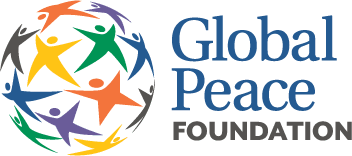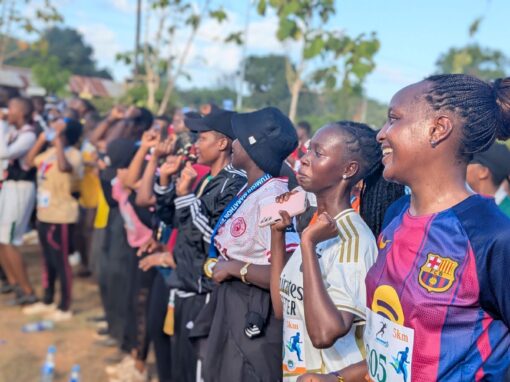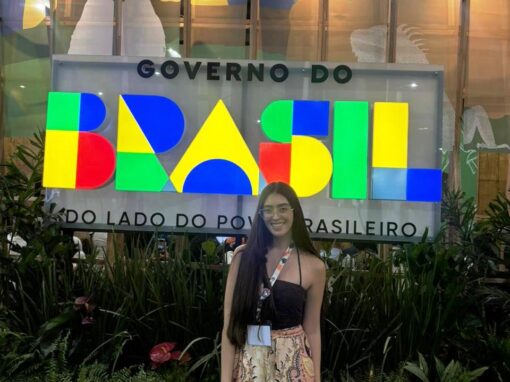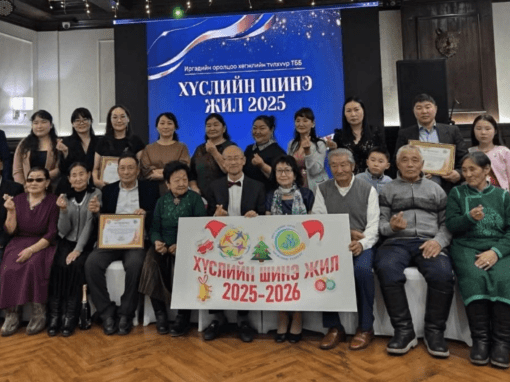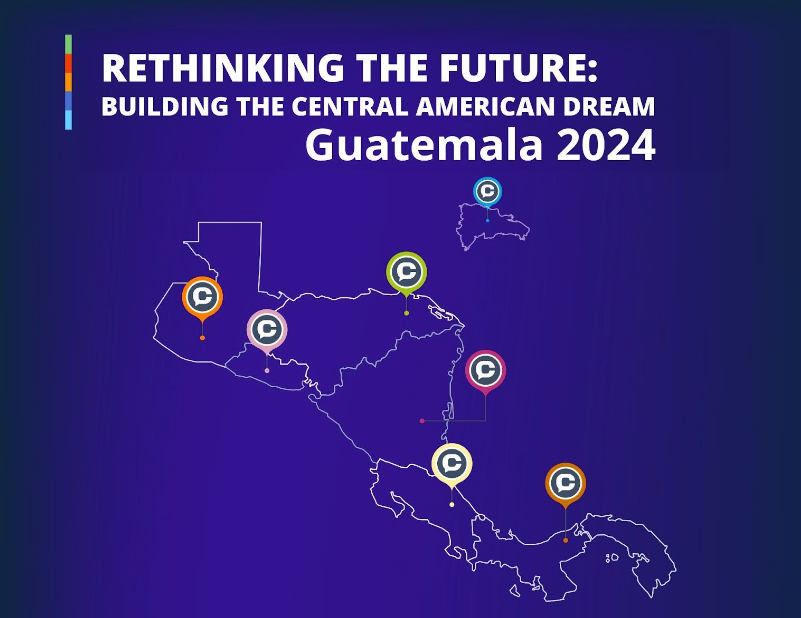
The third Central American Meeting of Emerging Leaders (ECLE) 2024 is set to strengthen youth leadership in the region. Organized by the Fundación Esquipulas in collaboration with various international organizations such as Global Peace Foundation Central America, CAF – Development Bank of Latin America and the Caribbean, and the Konrad Adenauer Foundation, this event offers an exemplary model of leadership for young people from diverse fields. In this article, we explore the context and challenges faced by youth in Central America and the Dominican Republic, as well as the role of ECLE in promoting solutions to those challenges.
Demographic Bonus and Youth in Central America
The demographic bonus is a temporary advantage that arises when the working-age population exceeds the dependent population. In Central America and the Dominican Republic, this phenomenon is still developing and presents a unique opportunity for economic growth. According to recent data, young people in the Dominican Republic make up 62% of the total population, although a decline is projected in the coming decades due to a reduction in the fertility rate.
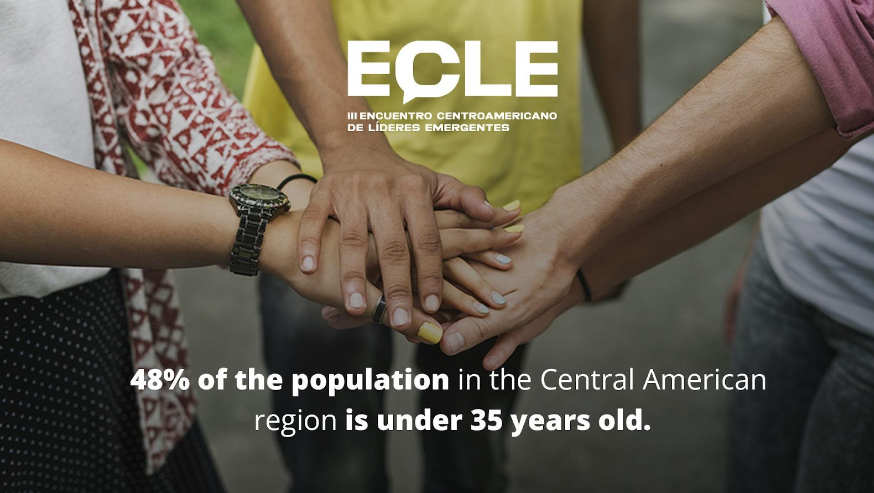
In El Salvador, the peak of the demographic bonus is expected to extend until 2050, highlighting the importance of investing in human capital, education, and technology to seize this window of opportunity. However, the region faces significant challenges, such as the need for policies that strengthen the competitiveness of the young population and adapt to rapid technological and economic transformations.
The Pursuit of the American Dream
Youth migration to the United States is a persistent phenomenon in Central America. Factors such as a lack of economic opportunities, violence, and insecurity drive many young people to leave their countries in search of a better life. Studies show alarming rates of youth migration in countries like Guatemala, Honduras, and El Salvador, with many young people viewing the “American dream” as a viable escape from their situation.
This massive exodus represents a significant loss of human capital for the region and poses challenges in terms of integration and human rights in the destination countries. Fundación Esquipulas, through ECLE, seeks to address some of these root causes by providing a platform for leadership development and the creation of support networks. For Vinicio Cerezo, a promoter of peace and democracy in Central America, migration should be an option, not the only option.
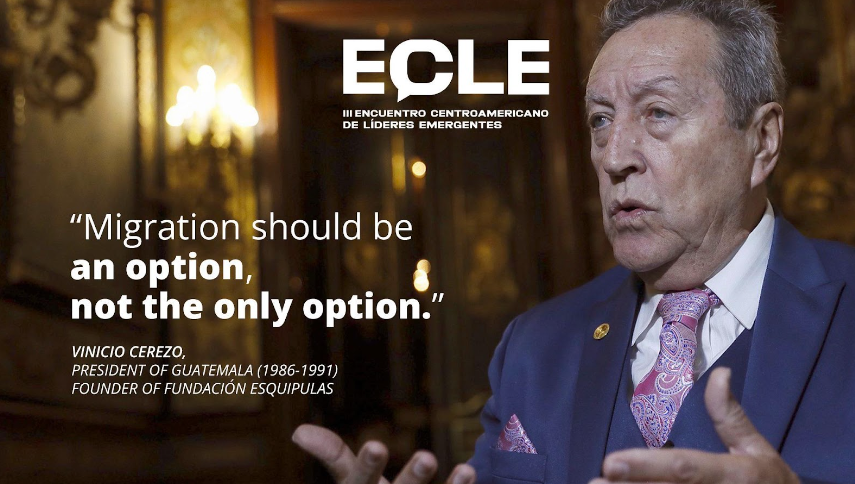
Indigenous Youth: A Vital and Underserved Sector
Indigenous youth are a crucial part of the young population in Central America. In Guatemala, for example, indigenous people represent more than 50% of the total population, and a significant proportion of these are young people. However, they face particular challenges such as discrimination, lack of access to education and basic services, and economic marginalization. The situation of indigenous youth is concerning due to the lack of opportunities. Many of these young people face linguistic and cultural barriers that hinder their access to quality education and decent jobs. Public policies often do not consider the specific needs of indigenous communities, perpetuating their exclusion.
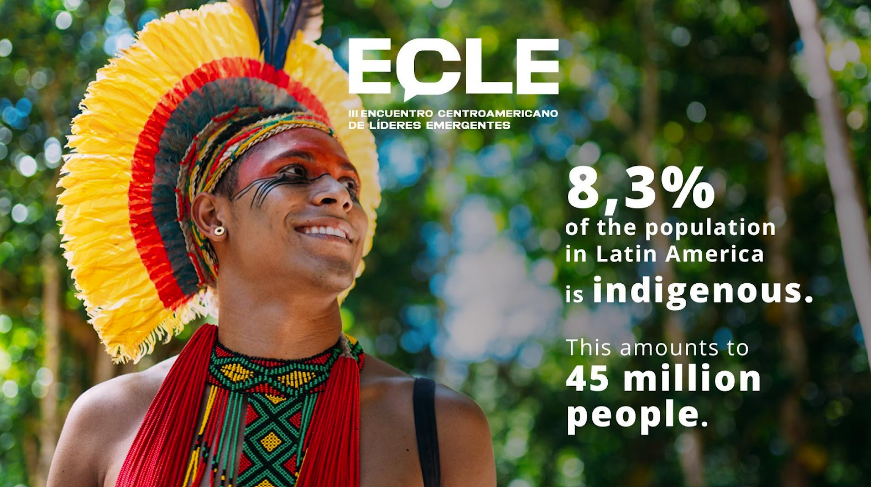
ECLE presents itself as an inclusive platform that seeks to empower these young people, giving them a voice and visibility in decision-making spaces. The inclusion of Indigenous youth is not only a matter of social justice but also an essential strategy for the sustainable and equitable development of the region. Through conferences and networking activities, ECLE offers Indigenous youth the opportunity to connect with leaders from various sectors and regions, fostering an exchange of ideas and experiences that can translate into concrete solutions for their communities.
Young Women: Breaking Barriers and Leading Change
Young women in Central America face additional challenges due to the persistence of gender stereotypes and discrimination. Despite these obstacles, many women are emerging as leaders in their communities and countries. In the region, women represent 52% of the young population, and their participation in political, economic, and social life is crucial for sustainable development. Female leadership in Central America is being strengthened thanks to initiatives that promote gender equality and inclusion. Mentorship programs, leadership training, and the creation of support networks are fundamental to empowering young women. ECLE plays a significant role in this process by offering a safe and supportive space where women can develop their leadership skills, share experiences, and build alliances.
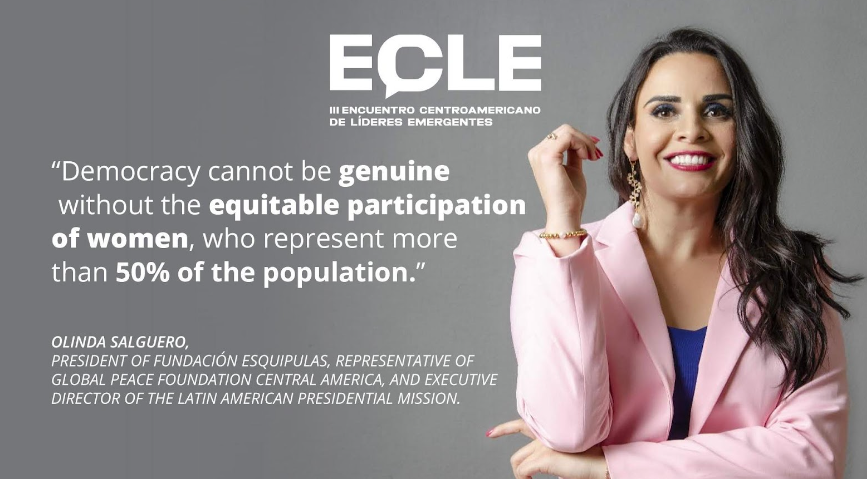
In the political sphere, young women are challenging traditional norms and taking on leadership roles that allow them to influence decisions affecting their lives and communities. Examples of emerging female leaders are found at all levels of society, from community organizations to government positions. These women are proving that female leadership is not only possible but necessary for achieving meaningful and lasting change.
The Importance of Leadership Spaces like ECLE
The impact of spaces like ECLE on young leaders is profound and lasting. By participating in these meetings, young people not only empower themselves with new tools and knowledge but also inspire each other to pursue ambitious goals and innovative solutions. These spaces contribute to forming a generation of conscientious leaders prepared to face the social, economic, and political challenges of the region. Additionally, by interacting with experts and established leaders, young people gain valuable mentors and role models, amplifying their capacity to generate a positive impact in their respective countries.
The shared vision among all involved in this event is clear: a better future. A future of peace, integration, and democracy. A future of shared values, good customs, and morality. Today, they are young leaders; tomorrow, they will be the representatives of this region.
What do the young participants of this edition of ECLE think about the Central American dream?
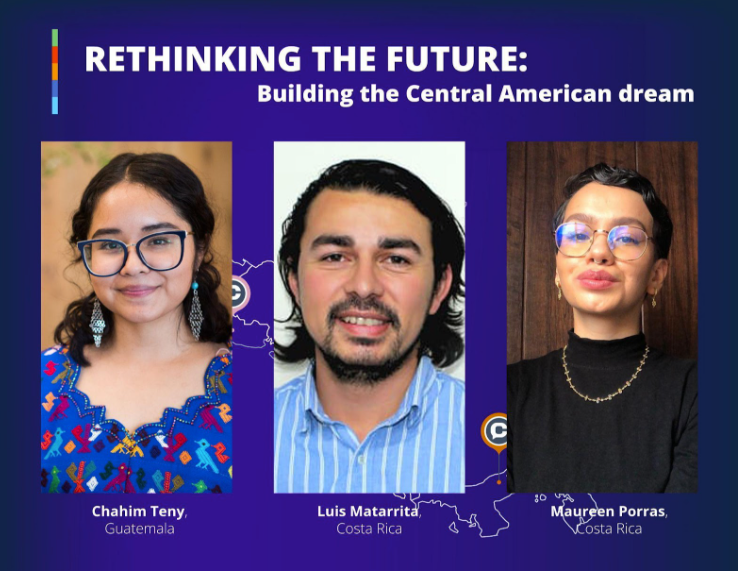
Chahim Teny, Guatemala: The preservation of the cultural identity of Indigenous peoples through the implementation of educational strategies that integrate and reclaim our history, ensuring that Indigenous peoples have access to quality education and technological tools so that future generations can create new technologies based on ancestral knowledge and recognize the leadership of our peoples in STEM areas.
Maureen Porras, Costa Rica: The Central American dream for me must be born from the communities themselves and led from there, focusing on what we have in common rather than differences; which are also valuable, I think that from the synergies of communities and peoples, we can believe in and create something bigger.
Alonso Matarrita, Costa Rica: For me, the Central American dream is to have an integrated region that addresses adversities collaboratively, generating opportunities for personal and social development that allows the inclusion of diverse populations in the enjoyment of their rights. The Central American dream is also to have a region that consolidates democracy, requiring the full inclusion and participation of the various groups that make up society. Additionally, environmental protection and significant Central American adaptation to climate change are crucial, as it is an issue that knows no borders.
What do you hope and wish for the future of our region in terms of development, integration, and well-being?
Chahim Teny, Guatemala: The sustainable development of our region, inclusive economic growth that benefits all sectors, and the opportunity for young people to achieve economic freedom through fair and inclusive job opportunities, allow us to preserve our cultural identities. Likewise, better management and care of our mother nature, the preservation of ancestral practices with the respect and care that from the Mayan worldview we give to mother nature. Lastly, better access to basic services such as health and education is fundamental for inclusion and achieving the development we all long for.
Maureen Porras, Costa Rica: I believe in less unequal development, with strong territorial governance, inclusive, participatory, and sustainable, where no one is left behind, always respecting the self-determination of peoples and diversities.
Alonso Matarrita, Costa Rica: I hope that our region overcomes the historical intersectional inequalities that hinder personal and societal development. By integrating efforts, energies, and creating awareness, change is gradually being sown. I also hope that regulatory frameworks adapt to the immense changes of our times, allowing for climate action, rights action, and development action.
For more information visit: https://www.fundaesq.org/sitioecle/
